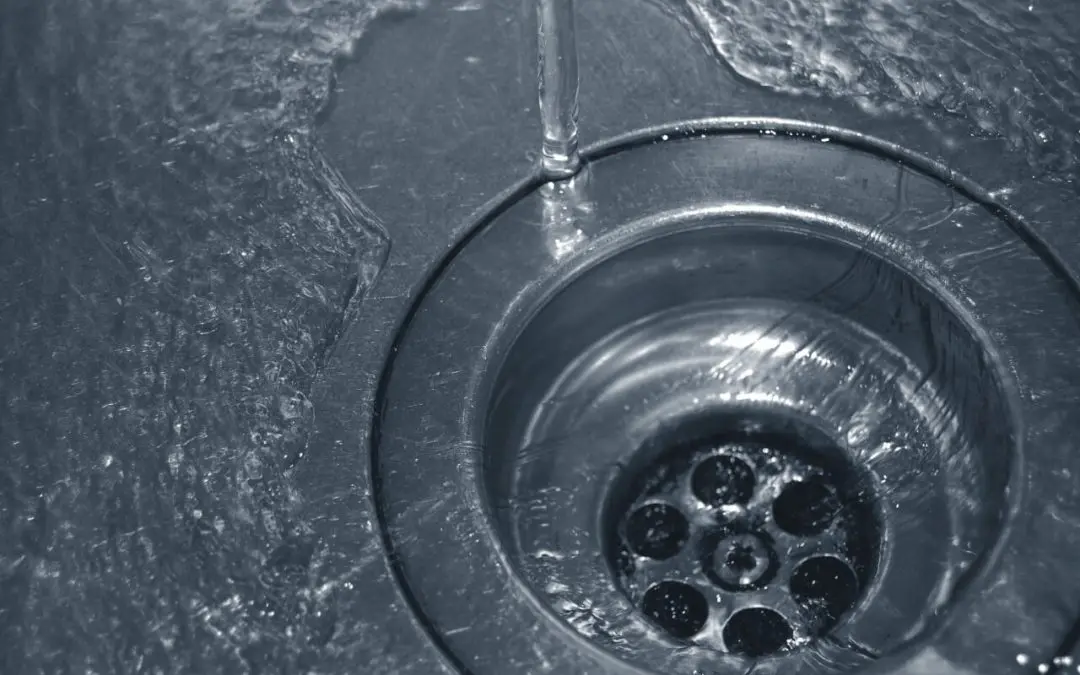Let’s be honest—plumbing isn’t something most homeowners think about until there’s a problem. A clogged drain, a leaky faucet, or a surprise puddle under the sink tends to be the wake-up call. But here’s the truth: a little bit of regular plumbing maintenance can help you avoid a whole lot of hassle (and expense) down the road. You don’t have to be a pro or spend hours checking pipes every weekend. It just takes a few simple plumbing maintenance habits to keep things flowing smoothly in your home.
Watch for the Small Stuff Before It Becomes Big
Most plumbing problems start small. A drip here, a slow drain there—they’re easy to ignore. But over time, those little things can turn into big problems. A small leak under the sink can lead to mold, water damage, and even structural issues if it goes unnoticed long enough.
Make it a habit to look under your sinks every couple of weeks. Check for moisture, water stains, or any signs of a slow leak. If something smells musty or you see a little puddle forming, don’t wait. Fix it or call someone who can.
The same goes for slow drains. If the water in your sink or tub isn’t draining like it used to, don’t reach for the harsh chemical stuff just yet. Those cleaners can damage your pipes over time. Try a natural solution like baking soda and vinegar followed by hot water, or use a drain snake. If that doesn’t work, it might be time to bring in a plumber.
Know Where Your Main Shut-Off Valve Is
If a pipe bursts or a major leak happens, knowing how to shut off your home’s water supply can save you thousands of dollars in damage. Every homeowner should know where the main shut-off valve is and how to use it.
Most of the time, it’s located where the water line enters your home—usually in the basement, crawl space, or near the water heater. Test it a couple of times a year to make sure it still works properly and isn’t rusted or stuck.
Keep an Eye on Your Water Pressure
Water pressure that’s too high might feel great in the shower, but it can be tough on your plumbing system. Over time, high pressure can damage pipes, wear out washers, and shorten the lifespan of your fixtures.
You can pick up a water pressure gauge at the hardware store for a few bucks. Hook it up to an outdoor spigot and turn on the water. Ideally, your pressure should be between 40 and 60 psi. If it’s much higher than that, consider having a pressure-reducing valve installed.
Don’t Forget Your Water Heater During Plumbing Maintenance
Your water heater works hard behind the scenes every day. And just like any appliance, it needs a little attention now and then. Flushing your water heater once a year can help remove sediment that builds up inside the tank. That sediment can make your heater work harder than it should, which can lead to higher energy bills or even system failure.
While you’re at it, check the area around your water heater for any leaks or signs of rust. If you see rust-colored water coming from your hot water taps, that’s a red flag. It might be time to replace the unit.
Prevent Freezing Pipes in Cold Weather
If you live in an area where winter temperatures dip below freezing, protecting your pipes is key. Frozen pipes can crack and burst, leading to serious damage.
Before the first freeze, disconnect and drain outdoor hoses. If your outdoor faucets don’t have frost-proof covers, install some. For pipes that run through unheated areas—like basements, garages, or crawl spaces—use pipe insulation. When the weather gets really cold, open cabinet doors under sinks to let warm air in, and let faucets drip slightly overnight to keep water moving.
FAQs on Plumbing Maintenance
How often should I check for plumbing leaks?
A quick visual check once or twice a month is usually enough. Just look under sinks, around toilets, and near your water heater for anything out of the ordinary.
Is it okay to use chemical drain cleaners?
Occasionally won’t hurt, but regular use can damage your pipes—especially older ones. Try mechanical or natural methods first.
What’s the average lifespan of plumbing pipes?
That depends on the material. Copper pipes can last 50+ years, while PEX and PVC often last 40 years or more. If your home is older, it’s worth having a plumber inspect your system.
How do I know if my water pressure is too high?
If your faucets blast water like a fire hose or your pipes are noisy when running water, it could be a sign. A pressure gauge can give you an exact reading.
When should I call a plumber?
If you’ve got a leak you can’t stop, a clog you can’t clear, or any water where it shouldn’t be, it’s time to bring in a pro.
Inspect It Neil provides home inspections in New Jersey. Contact us to request our services.

